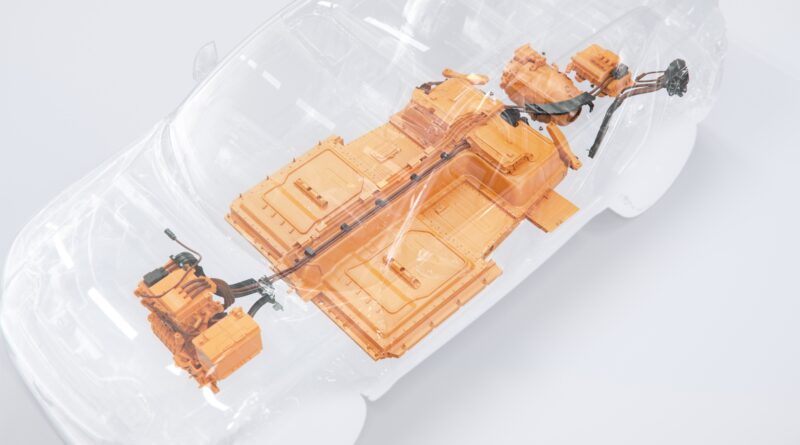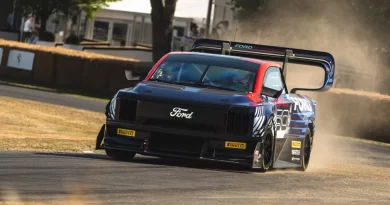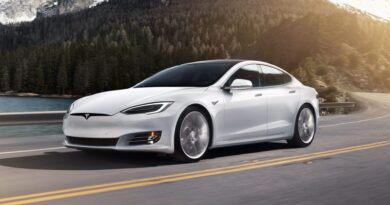Do EV batteries wear out?
Yes, but not so fast…
Like the batteries in phones, tablets and laptops, the batteries in an EV will degrade over time.
However, EV manufacturers go to a lot of trouble to ensure vehicle battery packs will last much, much longer. They know their customers expect many more years of trouble-free use than buyers of frequently flipped rechargeable devices.
So car makers choose more durable cells to make their battery packs, take measures to reduce their stress levels, then add technology to make them long-lived.
Cells don’t cope well with being completely charged or discharged. So car makers choose to use most, but not all, of their battery pack’s nominal capacity.
Special software also controls the temperature inside EV battery packs. High temperatures cause chemical reactions inside the individual cells that speed their degradation. Battery packs have built-in cooling and heating systems to keep the internal temperature in the comfort zone.
Battery pack heating occurs when heavy charging or discharging rates are sustained, which is why the cooling system is very important. But very low ambient temperatures reduce a battery pack’s ability to store energy, so a heating system is also needed.
Car makers are confident their battery packs will deliver the kind of life owners expect. And they have warranties to back their confidence…
Mercedes-Benz and Jaguar offer an eight-year/160,000km warranty on the battery packs of the EQC and I-Pace. They guarantee at least 80 percent of the original capacity will be retained after that time.
In discussions with engineers EV Central has learned that losing 20 percent over eight years is the kind of worst-case scenario that might result from constant use in extreme weather and frequent fast charging. In most cases, batteries should last much longer.
Tesla also offers an eight-year warranty on its battery but the company only guarantees 70 percent of capacity will be retained after that time.
Nissan splits the difference, providing the eight-year warranty (but with up to 200,000km of driving) but guaranteeing 75 percent of capacity.
In comparison, Apple offers a one-year guarantee on its iPhones that the battery will retain 80 percent of its charge.




